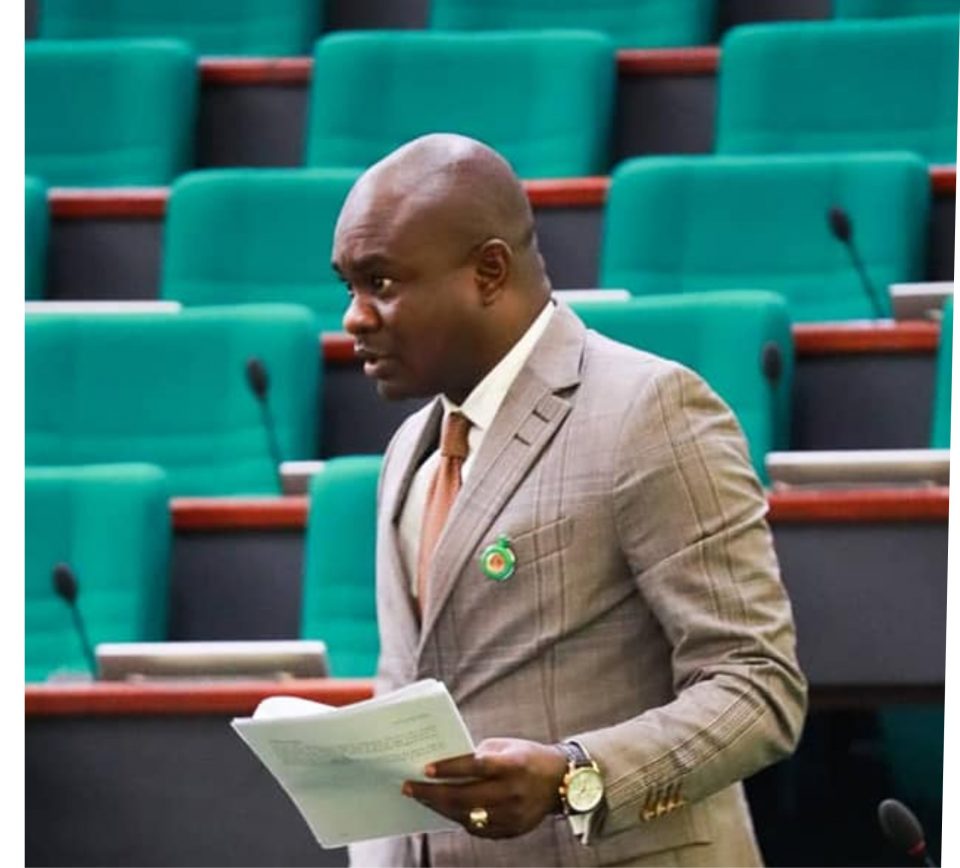By: Felix Ikpotor
Nigeria’s House of Representatives has passed the country’s pioneer Federal STEAM Polytechnic Tombia bill into law.
STEAM is an acronym for Science Technology Engineering Arts Mathematics. This model of education is the first in the annals of tertiary education in the country.
Tombia is a community in Degema Local Government Area of Rivers State.
The bill sponsored by Hon. Doctor Farah Dagogo, member representing Degema/Bonny Federal Constituency was passed into law on Tuesday.
Prior to its passage, the House Committee on Tertiary Education and Services had on February 22, 2022 submitted its Committee report. Furthermore at the Committee of the Whole, penultimate Wednesday , March 30th, 2022, chaired by the Deputy Speaker, Idris Wase, the House thoroughly considered, made amendments and adopted the over 80 clauses report of the House Committee.
Sponsor of the bill, Farah Dagogo who was a former member of the Rivers State House of Assembly representing Degema State Constituency, had during debate of the general principles pointed out that the imperatives of STEAM education could not be under estimated, because it equips students with competencies that will enable them to overcome personal challenges, pursue careers in technical fields such as software engineering or artificial intelligence, find creative solutions to difficult problems, and understand how the world works.
” Mr. Speaker and my distinguished colleagues, the idea of STEAM brings together five major disciplines that create an inclusive inter connectivity in learning environment and this encourages active participation and collaboration of all in problem solving. Thus, the Federal Polytechnic Tombia , Rivers State aims to offer a holistic approach for students to simultaneously exercise from both left and right sides of their brain in creativity, innovation, critical thinking, problem solving and communication skills that will galvanise them to become champions of the new age, as they would need to do in the 21st century working environment.
” The institution would promote technical and vocational education and training, technology transfer and skills development to enhance the socio- economic development of Nigeria. Indeed, all of us here are aware of the fact that polytechnic education plays a vital role in human resource development of a country by creating skilled manpower, enhancing industrial productivity and improving the quality of life of our people. A ride through the Bill clearly elucidates these imperatives, especially from the Object, ” he explained.

